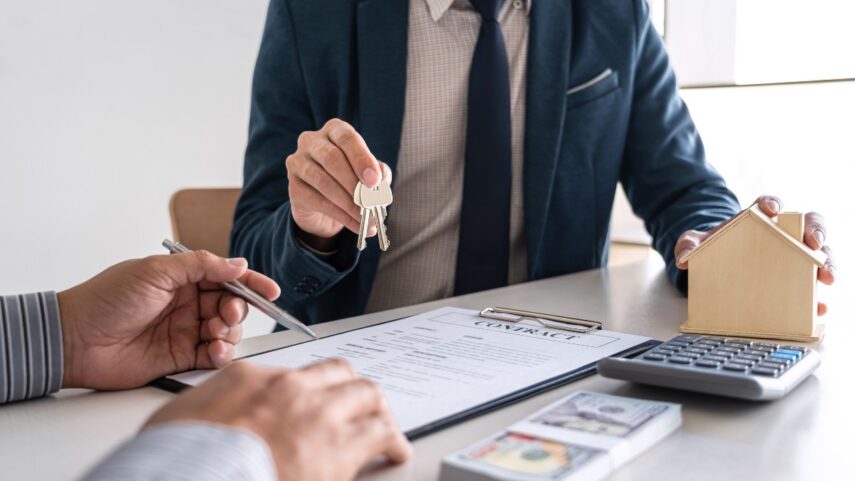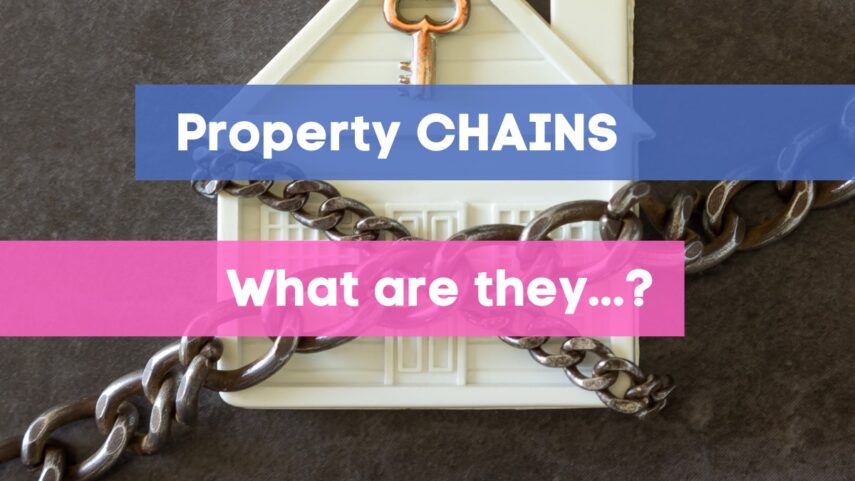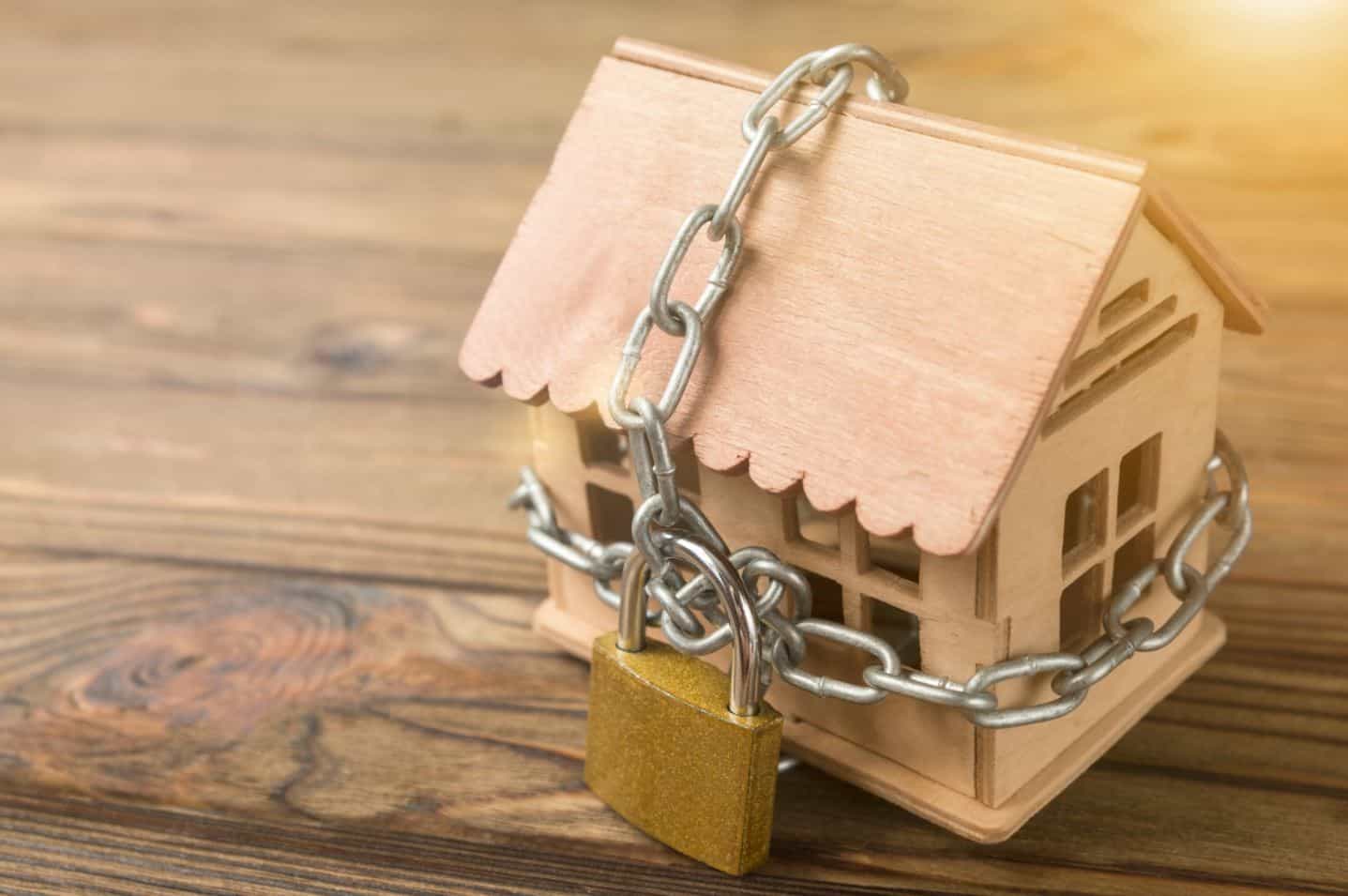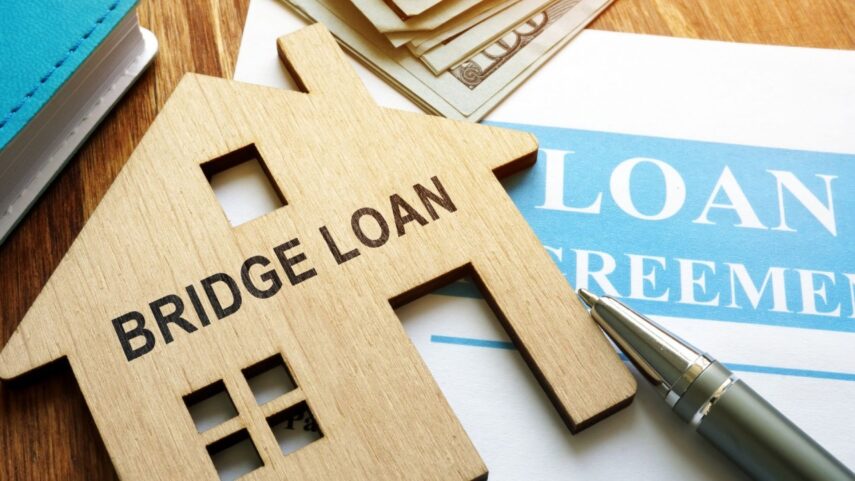Buying or selling a property can be a complex process, and one of the most frustrating challenges that can arise is a broken property chain. A property chain refers to a sequence of linked transactions where the sale or purchase of one property is dependent on the sale or purchase of another. When a link in the chain breaks, it can cause significant delays and uncertainty. In this article, we will explore what to do if your property chain breaks and provide some guidance on how to navigate this challenging situation.
1. Assess the situation
The first step is to assess the situation and understand the reasons behind the chain break. Is it due to a failed sale, financial issues, or a change in circumstances? Talk to your estate agent or solicitor to gather all the relevant information and determine the best course of action. Understanding the cause will help you make informed decisions moving forward, whether that be holding on tight or turning to a cash buyer. Click here for more info regarding cash buyers.
2. Communicate with all parties involved

Open and clear communication is key when dealing with a broken property chain. Contact all the parties involved, including your estate agent, solicitor, and other buyers or sellers. Discuss the situation, exchange information, and work together to find a solution. Keeping everyone informed and involved will increase the chances of resolving the issue promptly.
3. Explore alternatives
While a broken property chain can be disheartening, there are often alternative options available. Consider discussing with your estate agent the possibility of finding a temporary rental property or exploring bridging finance options. These alternatives can help bridge the gap until the chain is back on track. Additionally, you may want to explore the option of renting out your property if you are unable to sell it immediately.
4. Negotiate an extended completion date
If the chain break is temporary and all parties are still committed to the transaction, you can negotiate an extended completion date. This will provide additional time for the chain to be repaired and for the necessary arrangements to be made. Ensure that all parties involved are in agreement and consult with your solicitor to ensure the proper documentation is in place.
5. Consider a simultaneous exchange and completion

In some cases, it may be possible to proceed with a simultaneous exchange and completion. This means that all parties involved exchange contracts and complete the transaction on the same day. While this can be more challenging to coordinate, it eliminates the risk of a broken chain, providing greater certainty for everyone involved. Consult with your solicitor to explore the feasibility of this option.
6. Seek legal advice
If the chain break becomes prolonged or complex, it may be necessary to seek legal advice. A property solicitor with experience in handling chain breaks can provide valuable guidance and help navigate through any legal complexities. They can also assist in negotiating with other parties and finding alternative solutions.
7. Be prepared for Plan B
Finally, it is important to have a backup plan in case the chain break cannot be resolved. Consider the possibility of looking for alternative properties or adjusting your buying or selling strategy. Having a plan B will help you avoid further frustration and keep the process moving forward.
Dealing with a broken property chain can be stressful, but with patience, communication, and the right approach, it is possible to overcome this obstacle. Remember to stay positive, keep all parties informed, and seek professional advice when needed. By doing so, you increase the chances of finding a solution and successfully completing your property transaction.
Frequently asked questions
What is a property chain?

A property chain refers to a sequence of buyers and sellers linked together because each transaction depends on the one preceding it. For instance, if you are selling your home to buy another one, and your buyer is also selling their home to purchase yours, that creates a property chain.
What does a ‘broken property chain’ mean?
A broken property chain happens when one of the transactions within the sequence fails. For example, if a buyer pulls out of the purchase, it can break the chain, affecting everyone involved in it.
What are the common reasons for a property chain breaking?
Common reasons for a property chain breaking can include a buyer changing their mind, being unable to secure the necessary financing, a poor survey report, contract disagreements, or delays in the selling process causing buyers to withdraw.
What immediate steps should I take if my property chain breaks?

If your property chain breaks, you should first communicate with your estate agent and solicitor to understand your options. This could involve re-marketing your property, looking for a new property to buy, or trying to negotiate with the other parties in the chain to keep the transactions alive.
Can I prevent my property chain from breaking?
While it’s impossible to guarantee a property chain won’t break, there are things you can do to minimise the risk. These include having pre-approved mortgage financing, pricing your property accurately, conducting thorough surveys, and keeping open communication with all parties involved.
How can I deal with the financial implications of a broken property chain?
You should speak with your mortgage lender or financial adviser immediately if a property chain breaks. You may be able to extend your mortgage offer or arrange for bridging finance. Additionally, having adequate savings and insurance can help manage unexpected costs.
What is ‘bridging finance’?

Bridging finance is a short-term loan intended to ‘bridge’ the gap when you’re struggling to sell your home before purchasing a new one. It can be useful when a property chain breaks, but it often comes with high interest rates.
Can I sell my property to a chain-free buyer?
Yes, selling to a chain-free buyer, such as a first-time buyer or an investor, reduces the risk of a property chain break. However, these buyers may drive a harder bargain on price because they know their position is strong.
What is ‘gazumping’, and how can it affect my property chain?
Gazumping occurs when a seller accepts an offer from one potential buyer, but then accepts a higher offer from someone else. Gazumping can break a property chain as it leaves the original buyer unable to proceed with the purchase.
Can I claim compensation if my property chain breaks?
Compensation claims for broken chains are generally difficult and depend on the specific circumstances and contracts. It’s best to discuss this with your solicitor or estate agent.
What is ‘chain-free’ property?
A chain-free property refers to a situation where the owner does not need to sell the property before buying another one. This could be a first-time buyer, an investor, or someone who has already sold their previous property.
What does ‘chain reaction’ mean in property terms?
A chain reaction in property terms refers to the effect of one transaction affecting all the others in the chain. If one link in the chain falls through (e.g., a buyer pulls out), it could potentially lead to the entire chain collapsing.







